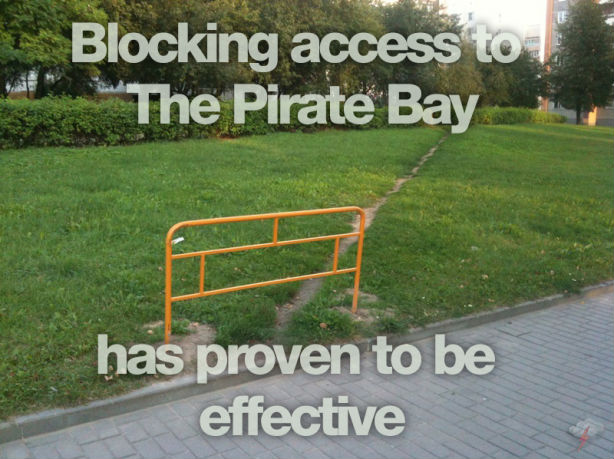Universal Music Hijacks YouTube Videos of Indie Artist
mardi 17 mars 2015 à 16:23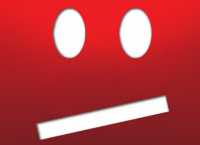 Day in and day out automated bots detect and report millions of alleged copyright infringements, which are processed by popular web services without a human ever looking at them.
Day in and day out automated bots detect and report millions of alleged copyright infringements, which are processed by popular web services without a human ever looking at them.
Needless to say, this process is far from flawless, but YouTube’s takedown system is particularly problematic. YouTube allows copyright holders to upload their work into a fingerprint database so matching content can easily be detected.
This results in some rather hilarious mismatches, such as a cat purring video being flagged as pirated music. But there are also mistakes of a different order, where original artists are targeted over their own work.
These include Norwegian musician Bjorn Lynne who has had two of his videos hijacked by Universal Music Group (UMG) which is now running ads alongside his work.
“Can I just state publicly that I hate Universal Music Group. For the second time now, they have hijacked my music and claimed ownership of it in all YouTube videos that include my music, thereby monetizing my music,” Lynne writes.
Apparently UMG has the rights to an audiobook that uses Lynne’s music track “Kingdom of the Persians” as background music. This isn’t a problem, as his music can be freely used as long as the license fees are paid.
However, UMG have entered the audiobook in YouTube’s Content-ID system, and as a result they’ve hijacked the ads on the original video. Making matters even worse, UMG also rejected Lynne’s dispute through YouTube after he explained the situation.
“One thing would have been to have done this unwittingly, by mistake. But I have ‘disputed’ the claim on YouTube, written an explanation and told them about the origins of this music — then waited the FULL 30 DAYS that the claimant has to process the dispute, only to be told that UMG have reviewed the dispute and UPHELD their claim!” Lynne notes.
This means that the indie artist is running short on options to challenge the claim (although there’s still the appeal and counter-notification). He could of course sue the largest music corporation in the world, but without a heap of cash in hand that’s not really an option either.
“The only reasonable thing to do here, for me, would be to hire a top lawyer to go after them legally. But realistically, it’s like $350 per hour for a lawyer and a 3 hour minimum for a case, so I’m looking at over $1,000 just to get something started.”
“I feel powerless and I’m left to watch my music being raped by a media giant, who sits behind closed curtains, ignores the rightful owner of the music and just goes ‘Nah, we’ll take it anyway’. Screw you, Universal Music Group!”
According to Lynne this is not the first time his music has been hijacked. The same thing happened in the past with the track “Mystical Pyramids,” and it may very well happen again in the future.
Update: We updated the article to clarify that the Content ID process has three stages to fight a claim.
Update: Lynne posted an update on Facebook a few hours after we published this article. He took the issue to YouTube’s highest appeal process and that finally freed his videos.
“I have not had any communication with/from UMG, but what seems to have done the trick is that I used the “appeal” process at YouTube after I was told that my original dispute had been rejected by UMG. Going through the “appeal” at YouTube is a pretty scary process, because YouTube uses some very strong language to warn you that you may face legal action and/or your YouTube account may be shut down. I did it nevertheless, I was that hell bent on getting UMG to stop monetizing my music and claiming ownership of it.”
Source: TorrentFreak, for the latest info on copyright, file-sharing, torrent sites and anonymous VPN services.
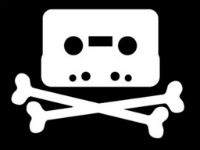 Over the past several years Belgian music rights group
Over the past several years Belgian music rights group 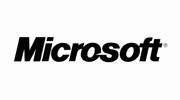 There once was a time when one could simply throw a disc – floppy or otherwise – into a machine and enjoy software functionality right off the bat. Those days have long gone.
There once was a time when one could simply throw a disc – floppy or otherwise – into a machine and enjoy software functionality right off the bat. Those days have long gone.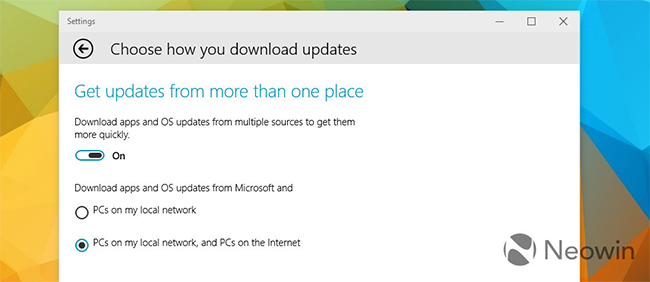
 Following a series of blocking orders issued by the High Court, several UK ISPs are required to restrict access to many of the world’s largest torrent sites and streaming portals.
Following a series of blocking orders issued by the High Court, several UK ISPs are required to restrict access to many of the world’s largest torrent sites and streaming portals.